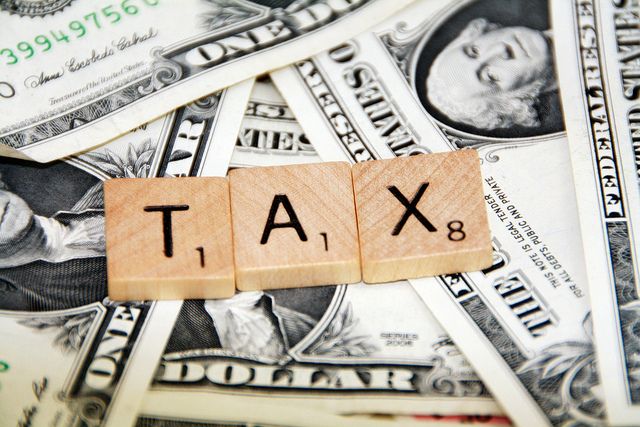
Today’s tax system is far too complex and drastically limits opportunities for hardworking Americans. The Tax Council (TTC) recently surveyed 84 business tax professionals on tax reform found only 41 percent believe there will be some type of a tax reform in or before 2017. This is down from 52 percent in January. Recognizing the dramatic need for tax reform to jump our economy, The Heritage Foundation recently hosted a panel on the current, flawed tax system and opened the discussion for means to fix the damaged system.
Daniel Mitchell, PhD., a senior fellow at Cato Institute, sat on the panel and opened with the simple statement, “tax rates matter.” Mitchell explained that anyone who disputes this message is likely to be the product of ill-advisement and ignorance. People work for themselves, not for the government. Taxpayers are more than welcome to write fat, charitable checks to the government after their taxes have been accounted for, yet very few households choose to do so- and for good reason.
Mitchell continued by describing the two ways Americans are likely to consume their income after taxes. One either consumes their income right away, resulting in little federal government interference and additional taxes or they save and invest some of their leftover income. By doing the latter, the federal government may tax these returns as interest, dividends, capital gains, or non-corporate business profits. Furthermore, this saved or invested money may also face the corporate tax, estate tax, and the list goes on.
Also sitting in on the panel was Stephen Entin, a senior fellow from the Tax Foundation. Entin explained that a good tax system is one where multiple levels of taxation cease to exist, leaving Americans with more money in their pockets.
The Hall-Rubashka flat tax, new flat tax, a national sales tax and a business transfer tax are all popular examples of tax reform plans among conservatives. All four of these plans are economically comparable and would have identical economic effects. These plans aim for reform and a simplification of the tax code. Sen. Rand Paul of Kentucky, who announced his presidential bid in the late spring, pushes for a flat tax in his outline for tax reform.
Presidential hopeful Sen. Marco Rubio created a “pro-growth, pro-family tax reform plan” that would simplify the current tax code in many ways. For starters, the plan would implement a simple two-bracket tax system and reduce the tax rate on capital gains and dividends to zero percent. This reform plan has brought attention to a new string of conservative reform policies promoted by Conservative Reform Network.
As pointed out by politicians, economists and tax policy experts alike the current tax system is dragging down the economy. It’s time to simplify the tax code.

